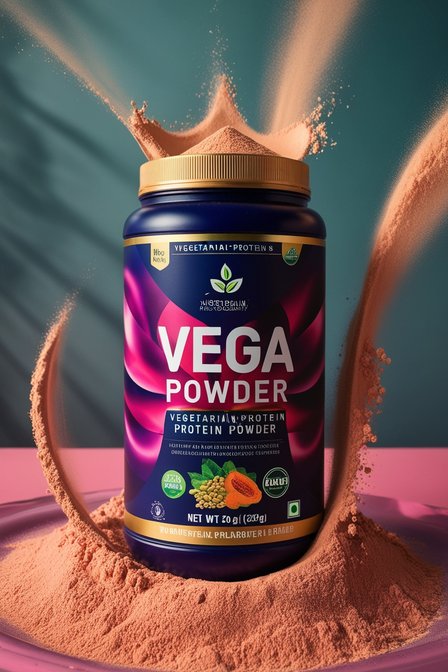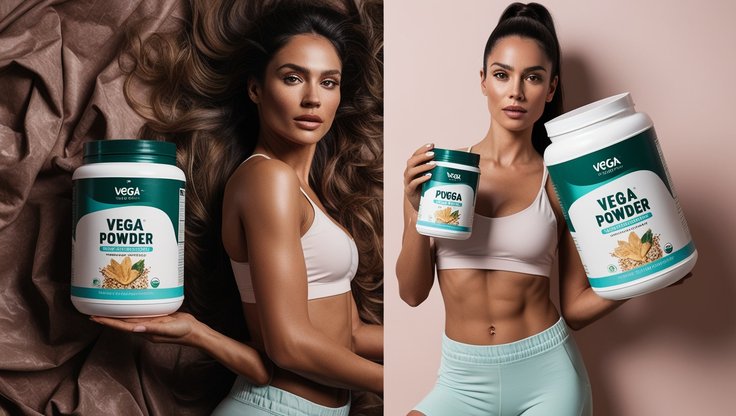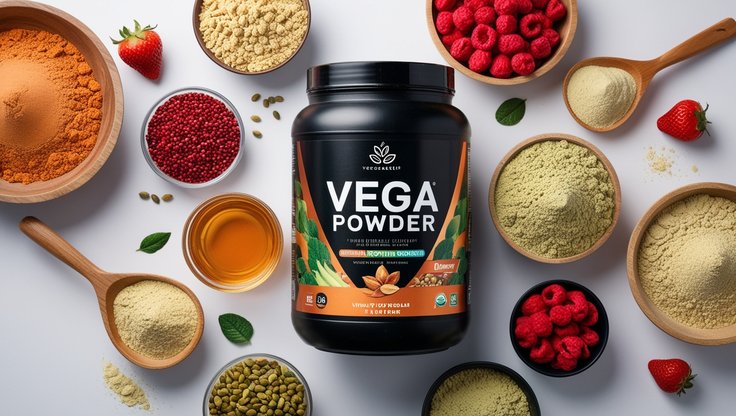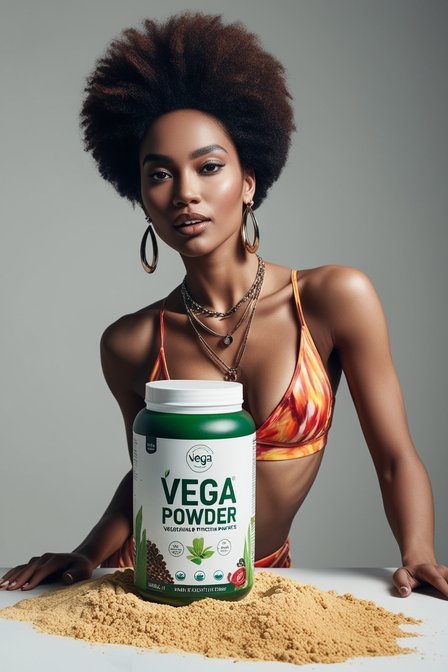Understanding Vegan Protein Diet Plans
Adopting a vegan diet has become increasingly popular, not just for ethical and environmental reasons, but also for the health benefits it can provide. One of the main concerns people have when switching to a vegan diet is ensuring they get enough protein. This concern is understandable, given the importance of protein in muscle repair, immune function, and overall health. However, with careful planning, it's entirely possible to meet and even exceed your protein needs on a vegan diet.
The Basics of Protein
Protein is one of the three macronutrients, along with carbohydrates and fats, that our bodies need in large amounts. It is made up of amino acids, which are the building blocks for many structures in the body, including muscles, skin, and hair. There are 20 amino acids, nine of which are considered essential because the body cannot produce them on its own.
Plant-Based Protein Sources
Vegan diets can include a variety of plant-based protein sources to ensure adequate intake. These sources are often rich in other essential nutrients as well, making them a wholesome choice for anyone looking to maintain a balanced diet. Common vegan protein sources include legumes, such as lentils, chickpeas, and beans; grains like quinoa, brown rice, and oats; nuts and seeds, including almonds, chia seeds, and hemp seeds; and soy products like tofu, tempeh, and edamame.
Protein Quality and Complementary Proteins
While plant-based proteins often contain all essential amino acids, they may not always be in the right proportions for optimal health. This is why it's important to consume a variety of protein sources throughout the day. By eating different plant proteins, you can ensure that you're getting a complete amino acid profile. For example, combining beans and rice, or hummus with whole grain pita, provides a more balanced amino acid intake.
Sample Vegan Protein Diet Plan
A well-structured vegan protein diet plan can help you meet your protein needs while also providing a range of other essential nutrients. Here’s an example of what a day's meals might look like:
Breakfast: Start the day with a protein-packed smoothie. Blend together spinach, a banana, a handful of berries, a tablespoon of almond butter, a scoop of vegan protein powder, and almond milk.
Mid-Morning Snack: Enjoy a handful of mixed nuts and seeds, such as almonds, walnuts, and sunflower seeds.
Lunch: A quinoa and black bean salad can be a perfect midday meal. Mix cooked quinoa with black beans, corn, cherry tomatoes, red onion, cilantro, lime juice, and avocado.
Afternoon Snack: Carrot sticks with hummus provide a crunchy and protein-rich snack.
Dinner: For dinner, try a stir-fry with tofu, broccoli, bell peppers, carrots, and snap peas, served over brown rice or whole grain noodles.
Evening Snack: Before bed, have a bowl of coconut yogurt topped with fresh fruit and a sprinkle of chia seeds.
Benefits of a Vegan Protein Diet
Switching to a vegan protein diet plan has numerous health benefits. Research shows that plant-based diets can reduce the risk of chronic diseases such as heart disease, diabetes, and certain cancers. Plant-based proteins are typically lower in saturated fats and free from cholesterol, which promotes better heart health. Additionally, they are often high in fiber, aiding in digestion and promoting a healthy gut microbiome.
Challenges and Solutions
Despite the many benefits, there can be challenges in adopting a vegan protein diet. One of the main challenges is ensuring you get enough variety to meet all your nutritional needs. This requires some planning and creativity in the kitchen. Another challenge is the misconception that vegan diets are automatically low in protein. With the right foods, it’s entirely possible to meet and even exceed protein requirements.
To overcome these challenges, consider working with a nutritionist or dietitian who specializes in vegan diets. They can provide personalized advice and meal plans tailored to your specific needs and goals.
Sustainability and Ethical Considerations
Beyond personal health, a vegan protein diet is also more sustainable and ethical. The production of plant-based foods generally requires fewer resources, such as water and land, compared to animal-based foods. Additionally, it contributes to reducing greenhouse gas emissions. Ethically, a vegan diet avoids the use of animals for food, aligning with values of compassion and non-violence.
Supplements and Fortified Foods
While a well-planned vegan diet can provide most essential nutrients, there are a few nutrients that might require special attention. Vitamin B12, for example, is not naturally found in plant foods and may need to be taken as a supplement. Similarly, vitamin D, omega-3 fatty acids, iron, and calcium are nutrients that some vegans might need to monitor closely. Many vegan foods are now fortified with these nutrients, making it easier to meet daily requirements without relying on supplements.
Protein-Rich Recipes
Incorporating a variety of recipes can help keep your diet interesting and nutritious. For example, lentil soup, chickpea curry, and tempeh stir-fry are delicious and protein-rich dishes. Experimenting with different cuisines can also introduce you to new and exciting ways to enjoy plant-based proteins.
Conclusion
A vegan protein diet plan is not only feasible but also beneficial for both health and the environment. With a variety of plant-based protein sources and a bit of planning, you can enjoy a nutritious and satisfying diet that supports your overall well-being. Whether you’re an athlete looking to build muscle or someone looking to improve their general health, a vegan protein diet can provide the nutrients you need. Embrace the diversity of plant-based foods, and enjoy the journey towards a healthier and more sustainable lifestyle.




